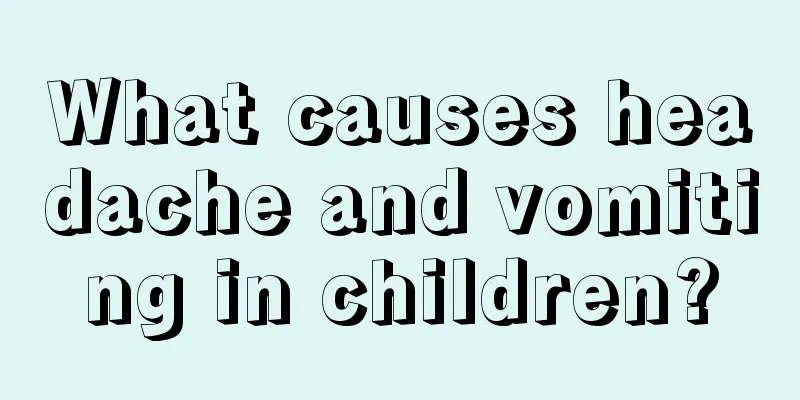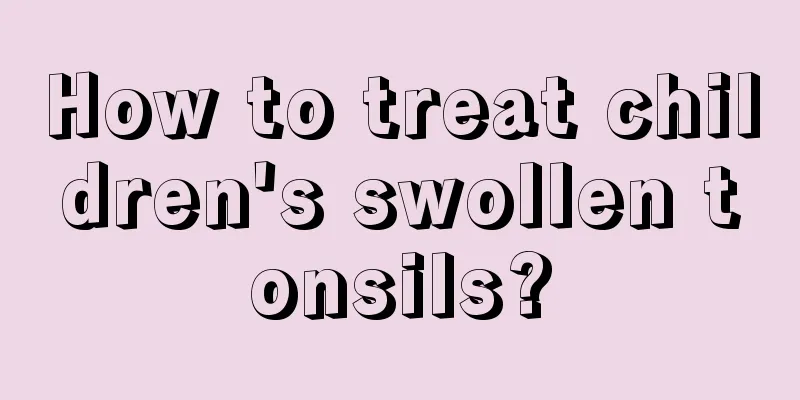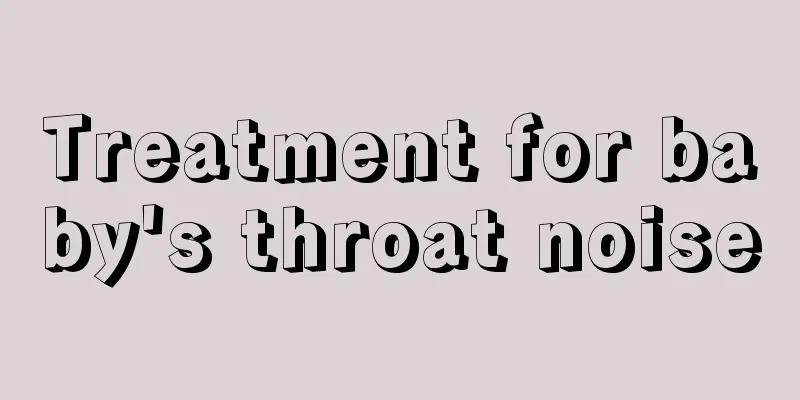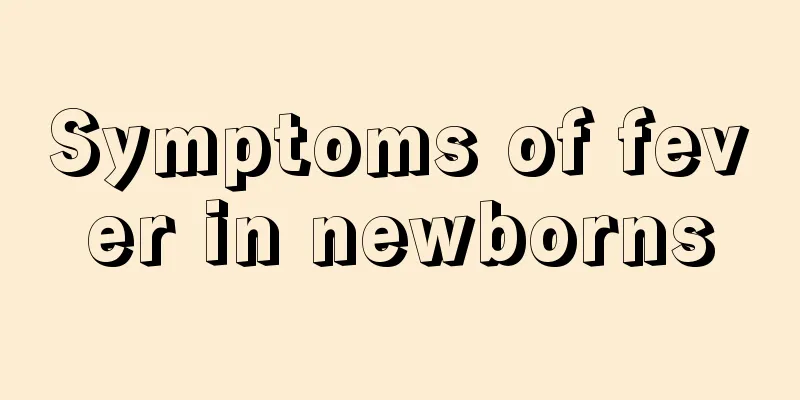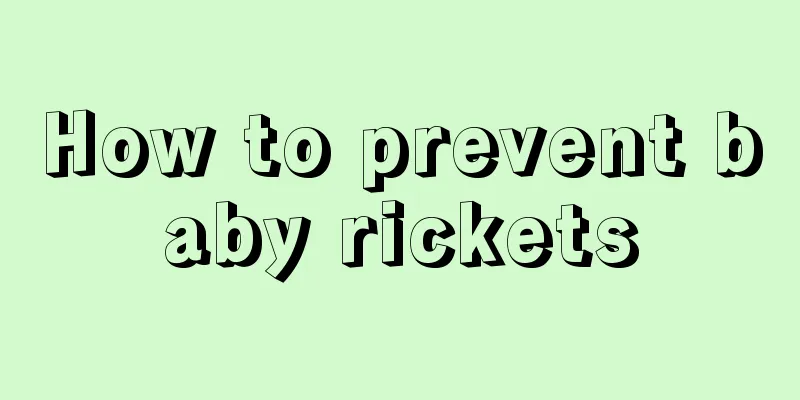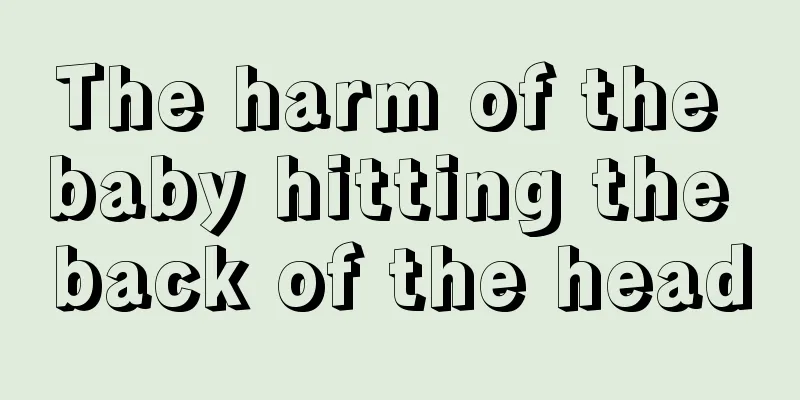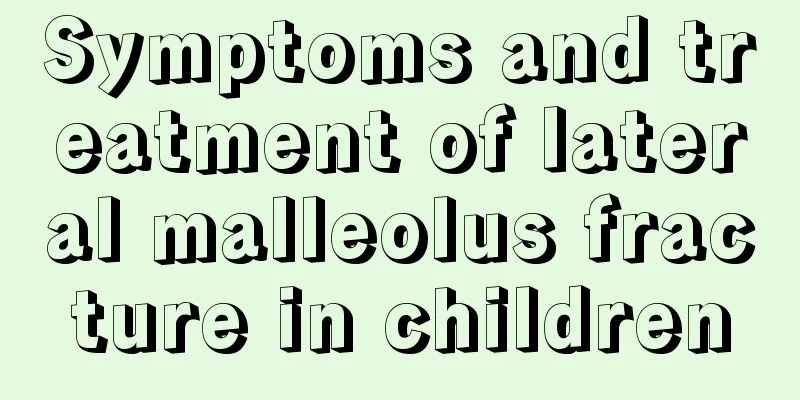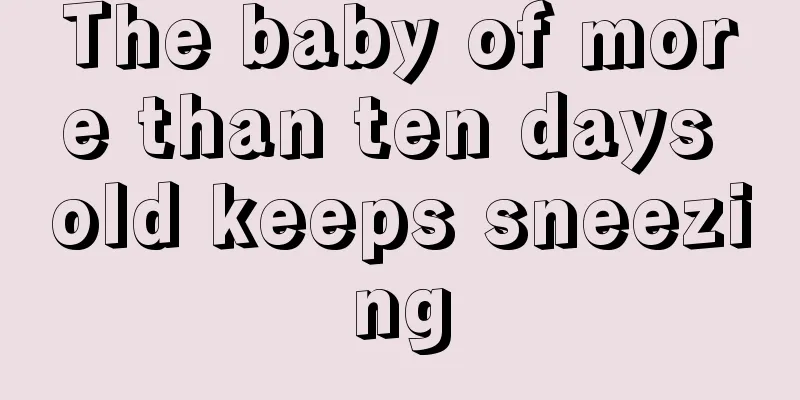Can I supplement calcium when my baby is coughing?
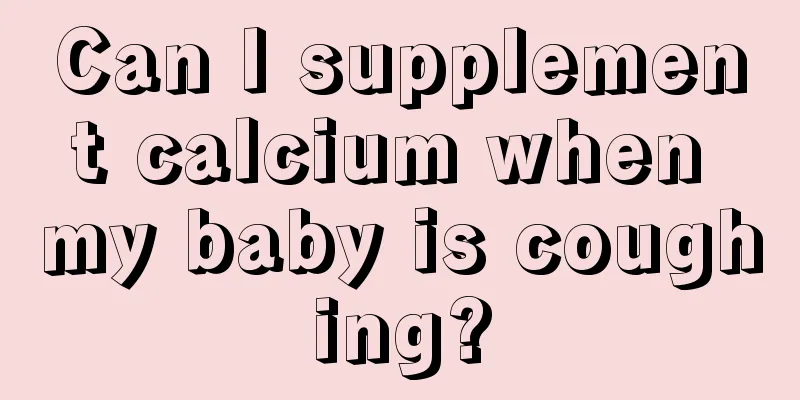
|
It is quite common for babies to have colds and coughs. If the cough is severe and needs to be treated with medication, it is not recommended for the child to take calcium supplements. The body should be supplemented with nutrients after the disease is cured. Parents should take timely measures to treat their baby's cough and take good care of the baby's body. Mild colds and coughs are generally good, and you can take calcium supplements at the same time as cough medicine. If the fever and inflammation are severe, the child is in poor spirits and has a severe cough, you should temporarily stop taking the calcium supplement and continue taking it after the condition improves. Children's cough medicine ① Expectorants: If chronic cough is accompanied by phlegm, expectorant should be the principle. Do not simply suppress cough to avoid aggravating or causing airway obstruction. You can use N-acetylcysteine, aminosulphonate hydrochloride, guaifenesin glyceryl ether, myrtle oil and traditional Chinese medicine expectorants. ② Antihistamines: such as chlorpheniramine, loratadine, cetirizine, etc. ③ Antimicrobial drugs: Antimicrobial drugs may be considered for patients with chronic cough who are clearly infected with bacteria, Mycoplasma pneumoniae, or Chlamydia. People infected with Mycoplasma pneumoniae or Chlamydia trachomatis can choose macrolide antibiotics, including erythromycin, azithromycin, clarithromycin, etc. If antibiotics need to be adjusted after initial empirical treatment for infections caused by other pathogens, they should be selected based on the results of drug sensitivity tests. ④ Anti-asthmatic and anti-inflammatory drugs: including glucocorticoids, β2 receptor agonists, M receptor blockers, leukotriene receptor antagonists, theophylline and other drugs. It is mainly used for targeted treatment of CVA, EB, allergic rhinitis, etc. Reassess after 2-4 weeks of glucocorticoid treatment. Cough after infection can generally be relieved on its own. For those with severe symptoms, short-term use of inhaled or oral corticosteroids, leukotriene receptor antagonists or M receptor blockers can be considered. ⑤ Digestive system drugs: It is recommended to use H receptor antagonists such as cimetidine and prokinetic drugs such as domperidone. ⑥ Antitussive drugs: Antitussive drugs are not recommended for chronic cough, especially before the cause is clear, and the use of such drugs is related to the morbidity and mortality of some diseases. The American Academy of Pediatrics warns that codeine is contraindicated for the treatment of various types of cough. The sedative effect of phenergan may mislead parents into using the drug to reduce their children's noisemaking while ignoring the drug's adverse reactions, including irritability, hallucinations, abnormal muscle tone, and even respiratory apnea and sudden infant death. The adverse reactions were particularly evident in infants, leading the WHO to issue a warning: Phenergan is contraindicated in children under 2 years old and is prohibited as a cough suppressant. |
<<: 2-year-old baby with adenoids hypertrophy
>>: Child coughing in the morning
Recommend
Nutritional value of carrots for babies
I believe everyone knows that eating carrots has ...
Dear baby, there are seven tips to help you deal with excessive drooling
Drooling in babies is medically called drooling o...
Will children get hurt if they stretch their legs?
In modern society, parents always hope that their...
Is it okay for children to be barefoot?
When children are very young, they always like to...
What to do if your child has inverted nipples
When a little princess is born in the family, the...
What should children eat to grow taller quickly?
Nowadays, children are the pride of every family ...
What are the ways for young girls to enlarge their breasts?
The breast enhancement methods for adolescent gir...
7 ways to avoid educating girls
1. Teach her to be polite and quiet There's a...
What to do if your 2-year-old baby has a runny nose
The weather in spring is changeable. It is cold i...
Children's stool contains mucus and blood
Many parents speculate whether their children hav...
What to do if your child's nasal mucosa is damaged
If a child's nasal mucosa is damaged in daily...
What should 4-year-old children with iron deficiency anemia eat?
What is iron deficiency anemia in 4-year-old chil...
Baby's forehead is hot but body temperature is normal
Babies are the treasure of every parent, so the l...
What should I do if my child’s penis is red and swollen?
A friend of mine has a very young child. But when...
What is the cause of the child's nose bleeding for several days in a row?
Since children's bodies are not fully develop...
